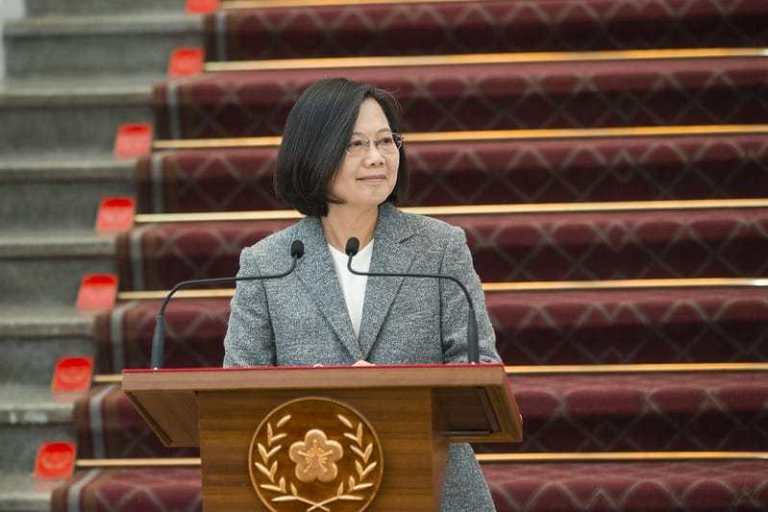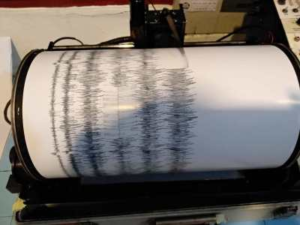Taipei, MINA – Taiwanese President Tsai Ing-wen officially announced the implementation of a Law called the “Anti-infiltration Act” on January 15, 2020.
The law was previously ratified by the Taiwan Legislative Yuan (DPR) on 31 December 2019.
In a written statement of the Taipei Economic and Trade Office (TETO) received by MINA on Thursday said the main purpose of implementing the law was to strengthen Taiwan’s democratic defense and maintain stable cross-strait relations.
“In recent years, China and other authority countries have increased their influence on operations, infiltration and interference with other democratic countries, which leads to the threat of democratic freedom,” she said.
Also Read: Pakistan Declares State of War After Car Bomb Incident
Therefore, many countries have strengthened the defense of democracy through laws, such as the United States, Britain, Canada, Germany, Australia, and New Zealand, which have reviewed and studied relevant laws to prevent dangerous infiltration from other countries.
Taiwan is at the forefront of China’s external expansion, facing the worst infiltration and intervention. Therefore, it is absolutely necessary to make laws to strengthen democratic defense mechanisms.
In early 2019, the Chinese government proposed so-called “5 Xi proposals” that would speed up the reunification process of Taiwan (annexing Taiwan).
Meanwhile, it also increased its efforts to break Taiwan. Therefore, the Taiwan Yuan Legislative (DPR) endorsed the “Anti-infiltration Act” which essentially is: forbidding anyone from receiving instructions, entrusted or funding from foreign enemies, engaging in illegal political contributions, election campaign assistance, lobbying, disturbing public demonstrations and social order, and the dissemination of false information to disrupt the election process.
Also Read: Jakarta Hosts Gala Dinner for World Peace Forum Delegates
The “Anti-infiltration Act” fully complies with the spirit of the rule of law and takes into account guarantees for the protection of human rights. Perpetrators must be aware of the situation involved in “illegal acts” under the “infiltration” of foreign enemy forces, will be the target of strict identification and evaluation by the judiciary, before they become legal defendants.
The law is not anti-reciprocal. On the contrary, it can maintain a stable and regular cross-strait relationship. Generally, normal cross-strait relations will not break the law.
The Taiwan government has always supported legal and orderly mutual relations activities.
“Anti-infiltration Act” prevents the involvement of foreign powers in politics, so that cross-strait relations become uncomplicated, preventing unnecessary foreign interference, so that the people of Taiwan can engage in mutual relations with a sense of security. (T/RE1)
Also Read: Indonesian Minister Urges Synergy Between Wasathiyah Islam and Chinese Wisdom
Mi’raj News Agency (MINA)

































 Mina Indonesia
Mina Indonesia Mina Arabic
Mina Arabic